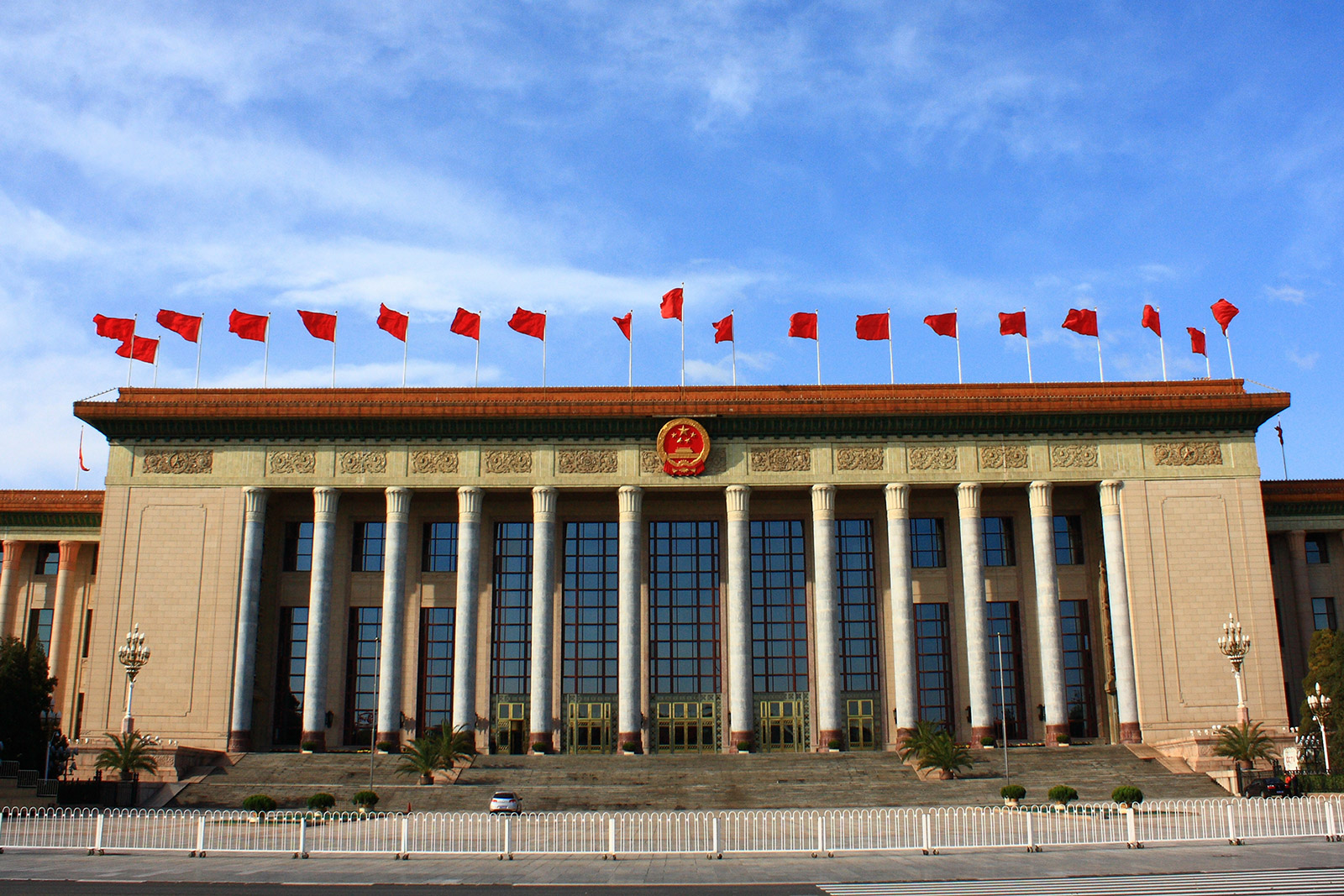Eckerd College Assistant Professor of Political Science Allison Quatrini, Ph.D.’s Government and Politics of China students are witnessing the history and ideology they’ve spent a semester discussing play out in real time.
Over the past month, people from around the world have watched the Russia-Ukraine war become increasingly violent. Western governments have responded with sanctions and condemnation, while China, which has viewed Russia as an ally in the past, has yet to take substantive action aside from a call for peace from its central government. On April 4, The New York Times reported the communist nation is even advancing an internal campaign to paint Russia as sympathetic against Western political interference.
Quatrini’s expertise in Chinese government and scholarship on Uighurs have benefited Eckerd students for four years in courses such as Chinese Environmental Politics, East Asian Comparative Politics, and Political Science Research Methods.

Allison Quatrini, Ph.D.
She explains that Russia and China’s relationship is “complicated and has been for decades. I think Russia is a bit wary of being a junior partner in its relationship with China at the moment: China used to be its protégé … Still, the fact that both are nuclear powers balances the relationship and helps Russia maintain some autonomy in this regard.” China and Russia share similar feelings of mistrust and suspicion toward Western interference, as well as a desire to tightly control their countries. The recent revelation of the internal campaign may say more about Xi Jinping—general secretary of the Chinese Communist Party, chairman of the Central Military Commission and president of the People’s Republic of China—than Chinese sentiments.
“I wonder if this is more about President Xi maintaining his own hold on power in China,” Quatrini speculates. “Normally, he would step down this fall, but he doesn’t seem to plan on doing that. By emphasizing this conflict between Russia, China and the West, he can support his own bid for power. I think this new development shows that what President Xi is telling party cadres matters more than any spin news outlets or pundits try to put on the situation.”
Chinese action to this point has been somewhat limited, Quatrini notes. It was recently revealed that Russia asked for military aid and equipment from China; however, they have not yet offered aid. Furthermore, Chinese officials have started referring to the conflict as a “war,” which could be a sign of Chinese neutrality.
Despite this, Quatrini says, China appears to be serving its own interests and playing both sides, sticking soundly to its anti-Western position. China has not yet condemned Russia’s actions and has remained staunchly nationalist in its presentation.
News media have posited the theory that the war in Ukraine may inspire China to take action against Taiwan. The relatively neutral or positive responses of countries like India and Syria could indicate to China that an invasion of Taiwan may not be harshly condemned. Backlash against the Russian invasion, however—such as economic sanctions, public condemnation and Ukrainian resistance—may give President Xi pause. “It wouldn’t be that difficult for the U.S. to get allies and partners to support Taiwan’s defense, and that includes the U.K., Japan, South Korea and Australia,” Quatrini says, offering a note of hope.
“I’m still not entirely convinced that this pivot means bad news for Taiwan. Airlifts and planes can move soldiers, but the number of soldiers needed in addition to the supplies necessary for a successful invasion will only arrive on the island by sea,” Quatrini explains. “For China to move these soldiers and supplies, it will need to do so by sea, and ships will move slowly. They would open themselves up to missile, air and submarine attacks. Essentially, for China to succeed, it would need to destroy Taiwan’s air force and defense at the beginning of an invasion. Taiwan has already been planning for this. A new ideological pivot won’t change these practical realities.”













